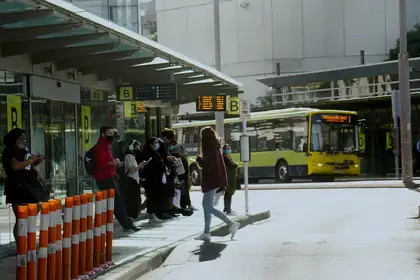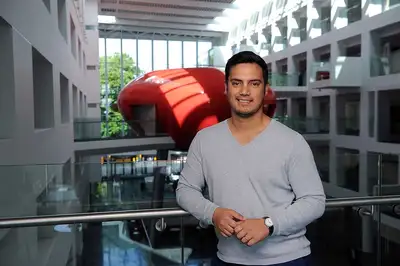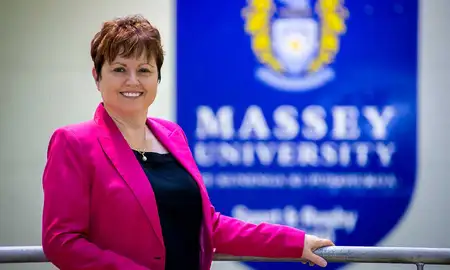
Massey University is part of a collective calling for free public transport for students.
The university joins three of its student associations – Massey at Wellington Students’ Association (MAWSA), Massey University Students’ Association (MUSA), and Albany Students’ Association (ASA) in support of encouraging central government for a nationwide change to public transport fares.
Other organisations supporting the collective include Greenpeace, Presbyterian Support, Action Station, the New Zealand Council of Trade Unions (NZCTU), the Public Service Association (PSA), and various city and district councils.
MAWSA co-presidents Fiona Lu and Elizabeth Hodgson say the association strongly believes that making public transport fares free will help to relieve the high cost of living for students. “Students won’t have to choose between paying for groceries or what day they should come to campus. The first lockdown showed how transformative free fares can be, and how much students rely on these services.”
Massey’s Deputy Vice-Chancellor Students and Global Engagement Dr Tere McGonagle-Daly authored a letter to Transport Minister Michael Wood in December 2021 outlining the reasons why the university is supportive of the idea.
“Our students are often living on tight budgets and don’t have a lot of money for getting around. Cost of living is increasingly unaffordable, and the rising costs of rents has resulted in students being pushed further out of university cities to live. This means they are having to spend more money on public transport (or private vehicles) to travel into the city to attend lectures, access sporting and cultural facilities, and participate in campus and community activities,” Dr McGonagle-Daly says.

Deputy Vice-Chancellor Students and Global Engagement Dr Tere McGonagle-Daly.
He adds that the university student population enhances the richness and vibrancy of the wider communities they exist in, and bring social, cultural, economic and community benefits to Aotearoa New Zealand.
“Free fares for our students will make it easier for them to access the cities they live in, and foster a more affordable and greater connection with their respective communities.”
Massey has pledged to achieve net carbon zero by 2030, and build sustainability into university life via its Climate Action Plan. Wider use of public transport would be a significant contributor to this.
“Removing fees would not only draw more people to public transport, but also help reduce the number of private vehicles on the road, assisting in both congestion and sustainability goals,” Dr McGonagle-Daly says.
The collective formed in October 2021 from the earlier Pōneke Collective for Public Transport Equity.
Related news
Massey first NZ University to offset carbon footprint for air travel
Massey University has negotiated an agreement with Air New Zealand to offset the carbon emissions from its staff travel with the airline - the first university to do so.

Staff support for University’s carbon goal
Submissions on Massey University's Draft Action Plan show there is strong support for the University's goal of being net zero carbon by 2030.
